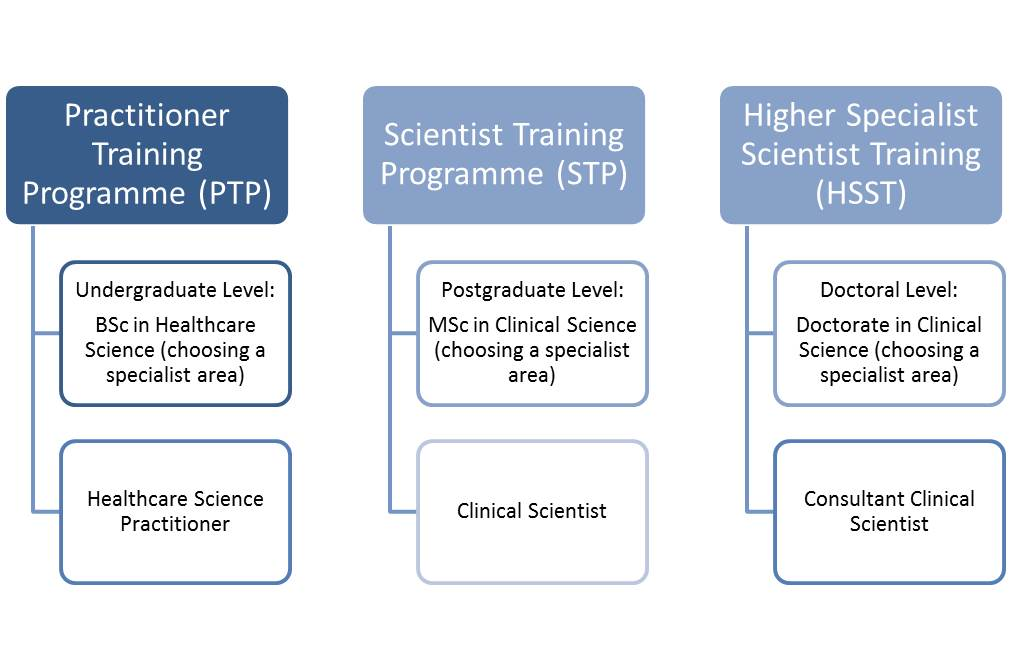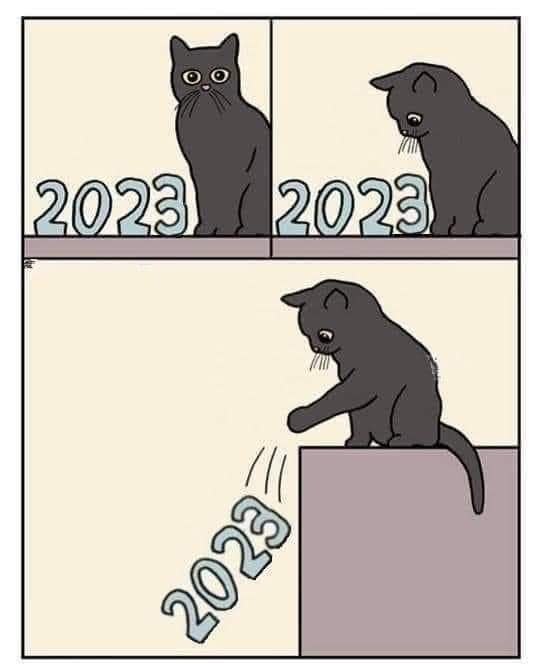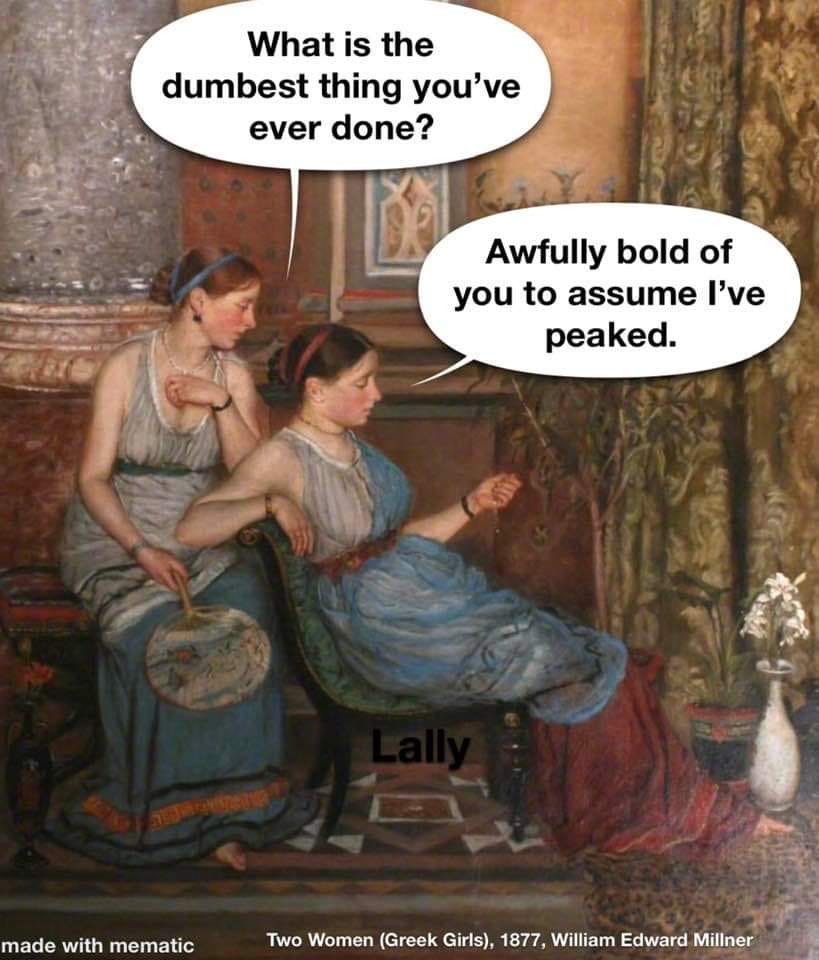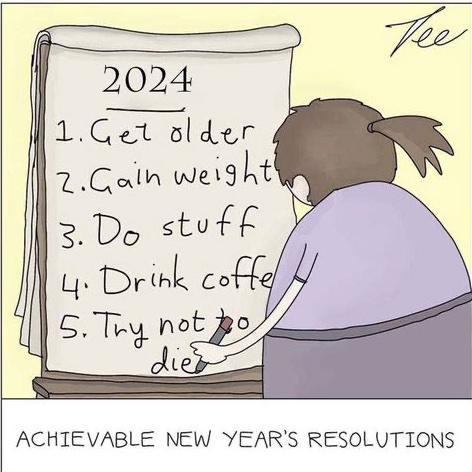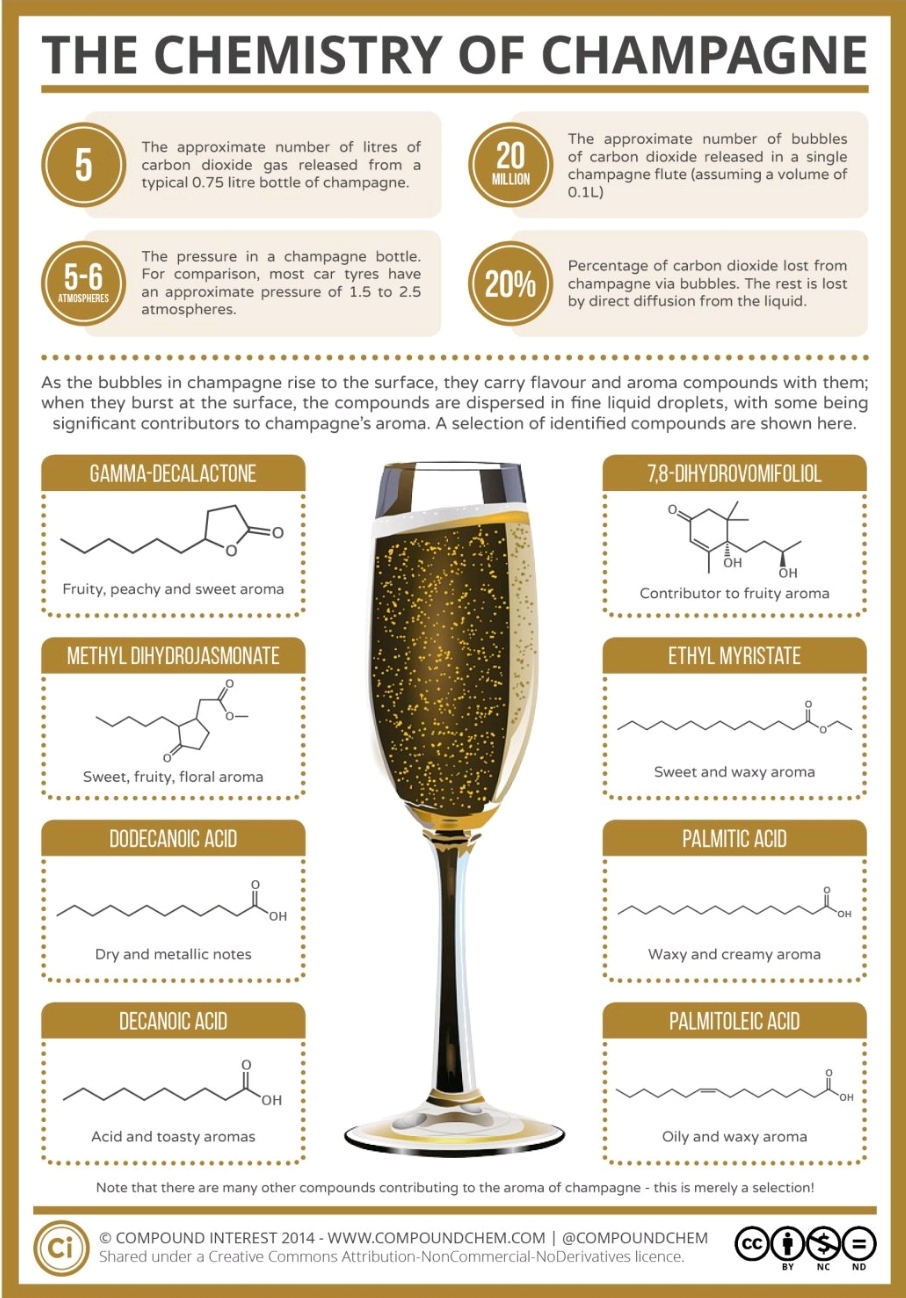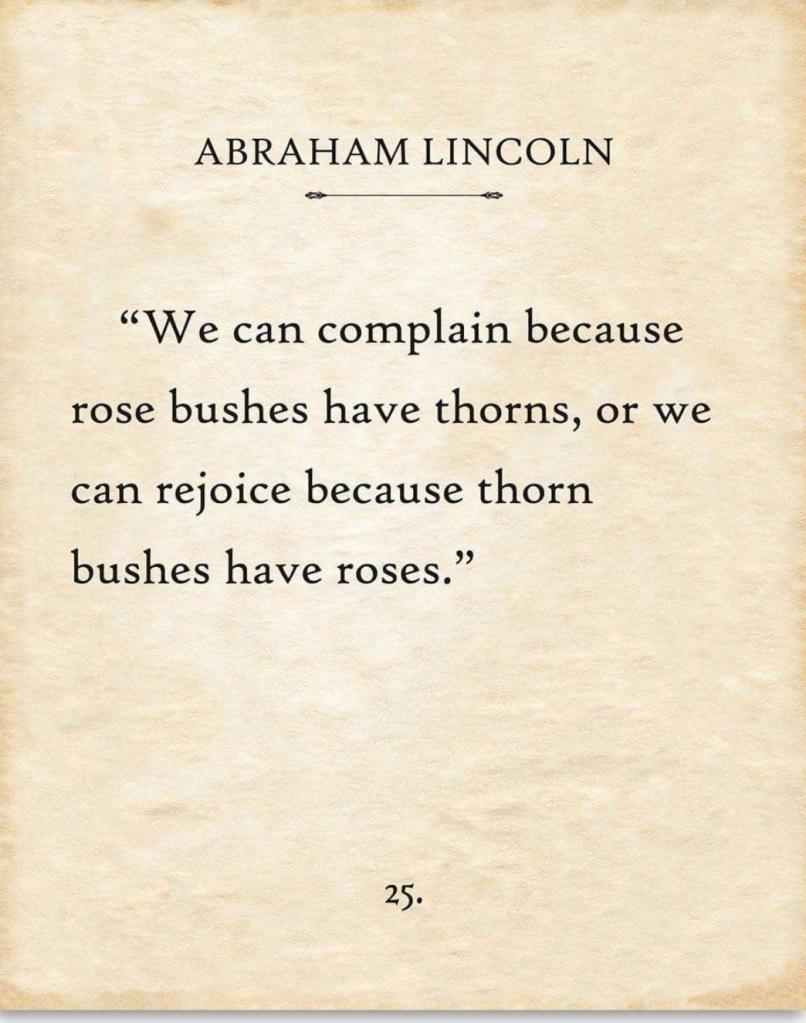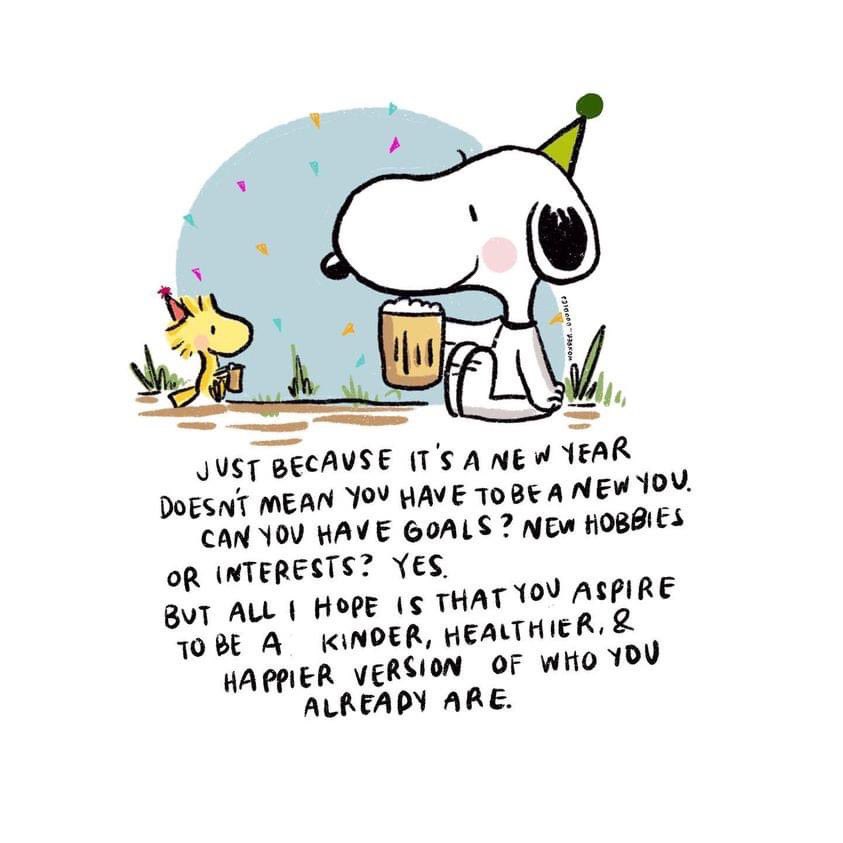Last week I was part of a careers day for Queen Mary University of London, where I did my second Masters degree and where I currently act as an external examiner for the same Masters 15+ years later. I used to do these kinds of events all the time pre-pandemic but it’s been the first one I’ve done for some time. I know that many of the people who read this blog are already working scientists, but there are definitely some of you who are just starting out on your journey and so I thought I would share some thoughts in relation to some of the questions I was asked.
What is a day in the life of Clinical Scientist like?
I’ve blogged before about what a Clinical Scientist job is like as a Clinical Microbiologist. I think the main defining characterisation of Clinical Scientist jobs is that they are all quite different from each other. If you look at the NHS website it gives the following fairly generic description:
Clinical scientists research and develop techniques and equipment to help prevent, diagnose and treat illness.
Clinical scientists are healthcare and medical experts who support clinical staff in their work with patients. Their work is very wide ranging and can include laboratory work and testing, basic and applied research, management and teaching.
https://nshcs.hee.nhs.uk/healthcare-science/careers-in-healthcare-science/roles/clinical-scientist/
There are 4 main areas of Healthcare Science, each of which will have sub disciplines:
The day is a life for each is therefore pretty different. I work as a Consultant Clinical Scientist, and my training was within Microbiology. My Consultant post is even more specialised however, as my main area of practice is within Infection Prevention and Control. I love this as it means that I still maintain my practice within virology, mycology and bacteriology, whereas otherwise I would have had to choose a specific route.
These days I don’t get to spend so much time in the lab. My day to day involves supporting clinical decision making, managing outbreaks and infection risks, as well as supporting PhD students and research activity. I basically act as a hospital detective, trying to work out what is going on and solving cases of infection. I also sit on a number of national and international committees to try and translate some of the learning I experience and research into clinical practice. One of the things I love is that I run something called the Environment Network, that came out of my PhD.
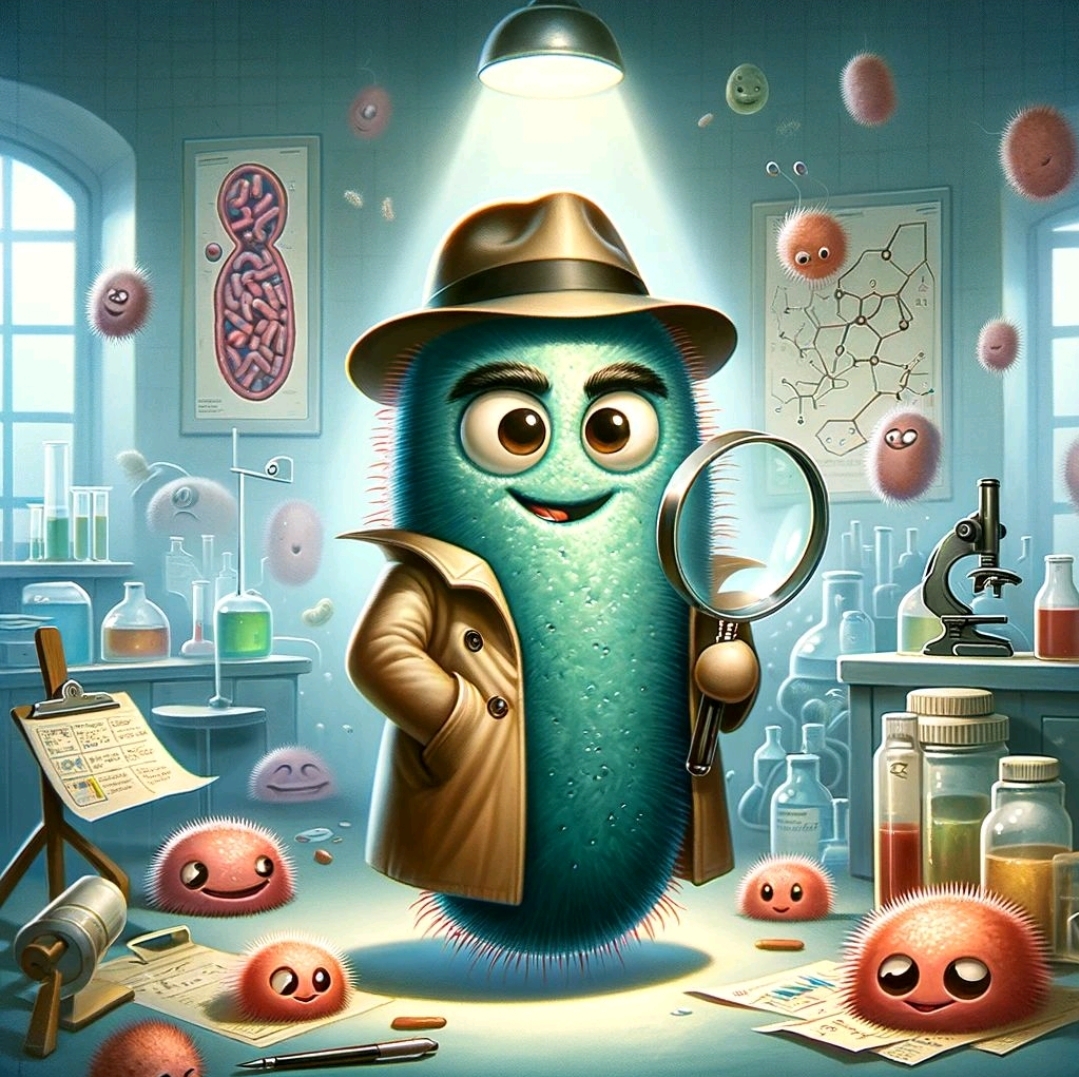
What was my pathway into Healthcare Science?
My pathway into Healthcare Science was probably not that similar to most of you applying today, mostly because it wasn’t really something that was discussed when I was at uni and there were really quite restricted ways into the profession – things like T-Levels and apprenticeships just didn’t exist back then. My undergraduate degree was in Zoology, and although I loved it there were no real jobs in it. When I was an undergraduate I knew I didn’t really want to be your typical academic, where I thought you would spend your whole career looking at a single pathway in a lab, and that it wouldn’t really impact on the ‘real world’. I always knew I wanted to do something that changed things, that made life better for people, I just didn’t know how to do it.
When I graduated doing a master wasn’t really an option. I wasn’t in a position to pay for ongoing education – I needed to work. I then lucked out and was approached because the uni where I did my degree was looking for biologists to start on a new trial MRes that was focused on developing an interdisciplinary approach. They were developing a course called the Physics of Biological Interactions at Surfaces, and they wanted biologists to take it in conjunction with physicists, not only that but they were paying £10,000 tax free to anyone who would do it. I jumped at the chance, who wouldn’t.
During this MRes I discovered clinical research, research that was aimed at change and at making life better for patients. All of a sudden a new world opened up to me, I knew this was the kind of science I wanted to do. My best friend, who was a microbiologist, handed me an advert for a trainee Clinical Scientist job in London in Microbiology. Now, my project had included micro during my MRes, and I’d done one module of micro during my undergrad, but I was far from being a microbiologist. Despite that I took a leap of faith and applied for the job. There 240 applicants and 4 posts. I cried when I left the interview as I really wanted the job and I felt the interview was a disaster. Next day they called and offered me the job. I was shocked, so shocked I asked them why. The interview had been a bunch of scenarios, they replied that that they could teach me facts but they couldn’t teach someone how to think, and they liked the way my mind worked. That has stuck with me, and I bear it in mind as I interview to this day. The rest, as they say, is history.
What are the common routes available to people trying to enter into Healthcare Science today?
There are multiple points into Healthcare Science careers, which is great because no matter what stage of your career you discover them there is a route that will be appropriate for you!
College level entry
Discovering Healthcare Science careers early is great as it maximises your ability to choose your path forward and the amount of time that you can spend developing in this particular careers path. The main way to enter at this point is via T-Levels (I’ve written a separate blog post on these), as they enable you to build a good base and explore the different specialisms to help you make an informed choice.
Degree level entry
Degree level entry can look different depending on whether you are looking at going down the physiological sciences or life sciences route. For physiological science there are accredited degrees that enable you to access the Practitioner Training Programme, or PTP. This enables you to get work experience and training during your degree. There are also two different types of programme that in life sciences will support entry into the field as a Biomedical Scientist (BMS). Both of these include selecting Institute of Biomedical Science (IBMS) accredited degrees, but one includes choosing a degree that has a placement year so that you come out ready for registration, whereas the other will require you to do a registration year as part of work when you graduate (see post graduate entry).
Post graduate level entry
Once you have a life science (or other acceptable degree depending on specialism) the there are multiple routes into Healthcare Science:
Direct entry training posts – these include trainee BMS posts for those who have undertaken an accredited degree but still need the year in post to complete their portfolio.
Centrally recruited training post – these posts are traditionally either Scientific Training posts (STP), or Higher Specialist Scientific Training posts (HSST). STP posts involve training over three years to be a Clinical Scientists, and HSST posts involve training for 5 years (once already registered as a Clinical Scientist) to become a Consultant Clinical Scientist. STP posts involve further academic training to get an MSc, whereas HSST posts require working towards clinical exams and a taught doctorate.
In-post development and training, there are frequently opportunities to develop via informal routes when you are in post. If you have taken an accredited degree some posts will support you in completing your portfolio to get state registration whilst working as an associate practitioner (AP), or if your degree was not accredited, your employer may support you in taking top up modules that would then enable you to move onto the next stage of portfolio completion.
Finally, there are routes in via something known as equivalence or route 2 registration, especially for Clinical and Biomedical Science routes. These routes mean that you might do something like apply for a post when you have gained an appropriate PhD and over a period of years gain enough clinical experience to be able to complete a portfolio that demonstrates a similar level of knowledge and experience to someone whose gone through a formal training route. This is what I need for my HSST registration, as I already had a PhD and several years of clinical and academic experience.
Apprenticeships
I’ve put apprenticeships separately here as these are applicable to every level, although the Clinical Scientist one is not yet formalised. This means there are routes where you can be training and earning qualifications that support your career progress, as well as gaining valuable experience. These change periodically and different Trusts will support different ones, so I’m not going to list them in detail but I would encourage you to look at the .Gov website I’ve listed below so you can find the latest information and entry requirements:
- Healthcare science assistant (level 2) Carrying out routine technical and scientific procedures and support within hospitals, doctor surgeries and other healthcare settings for a wide range of people. Apprenticeship category: Health and science
- Healthcare science associate (level 4) Working in hospitals, primary care and other healthcare settings, carrying out routine technical and scientific procedures. Supporting healthcare science (HCS) practitioners and clinical scientists. Apprenticeship category: Health and science
- Healthcare science practitioner (integrated degree) (level 6) Supporting the prevention, diagnosis and treatment of medical conditions. Apprenticeship category: Health and science
What other types of science careers are there?
Healthcare Science is obviously not the only way to become as a scientist as a career, there are a world of different types of way to work in science. Starting in one does not mean that you cannot transfer to another, and different career options may be appropriate at different stages of your life. What I’m really saying is don’t worry too much about feeling like you are committing to a certain pathway if you get offered an entry level job in one area when your idea may be in another. Gain learning and experience and don’t be afraid to move between if that’s the decision that is right for you. Here are a few I can think of off the top of my head:
- Industry – pharmaceutical, manufacturing, medical writing and so so many others
- Academia – university based, but there are plenty of different pathways within, including specialising in teaching or research
- Public sector – this can include jobs such as Healthcare Science, but could also include other routes such as public health, food science, environmental science, and options such as science policy
- Clinical – there are other routes that enable you to work with a clinical aspect to your role, such as clinical trails, without entering into Healthcare Science
- Charity sector – there are numerous charities, such as cancer research, Wellcome etc, that employ scientists and really value scientific input, whether that’s in their grant structure, policy development or science governance
- Communication – science communication and public engagement is a really important area, from writing for news papers to developing content for employers such as the BBC, there are a lot of options in this area
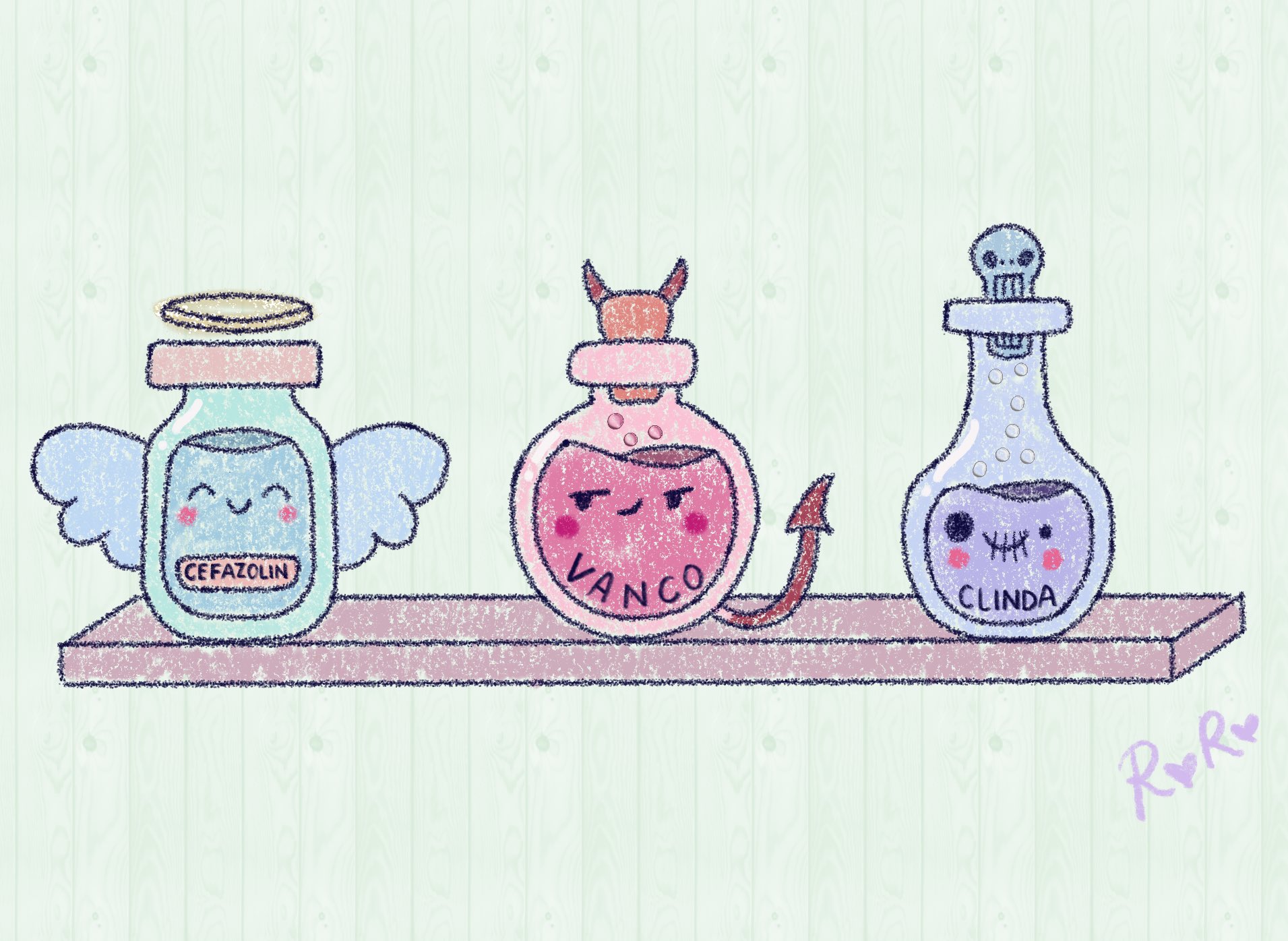
What are my top tips for science applications?
I’ve previously written about this is more detail in 2 blog posts, application tips and interview tips, which I hope will be useful. Below are some more general tips that might help:
- Don’t be afraid to use non-science examples. Have you worked in retail and dealt with money or conflicts? Have you been a guide or a school council member, both of which show leadership potential? You don’t have to have spent a year in a lab to be able to complete the form
- Be prepared to talk about your why? Why science? Why this job? Why this place?
- Know how to complete the application form. If you are applying for an NHS job you will need to explicitly state how you match each point with examples. Do avoid recruitment bias it’s all done on a point based system. You can’t get points if you aren’t writing against the JD, so don’t waste word count on items that are unlinked
- Make sure you tailor your application to the job. Generic CVs won’t get you very far and a generic NHS application form will not get you the points you need. It takes time but it will pay dividends
- If you get an interview make sure you visit before hand. It will give you pointers as to what they are looking for and ensure that it also feels like the kind of place you want to work
- Practice common interview question answers ahead of time
- If you are interested in them supporting further development, like supporting portfolio completion, use your opportunity at the end of the interview to raise it. An interview is as much you interviewing them as them interviewing you. If something is important to you make sure that you raise it, then you can make a fully informed decision about whether the role is right for you
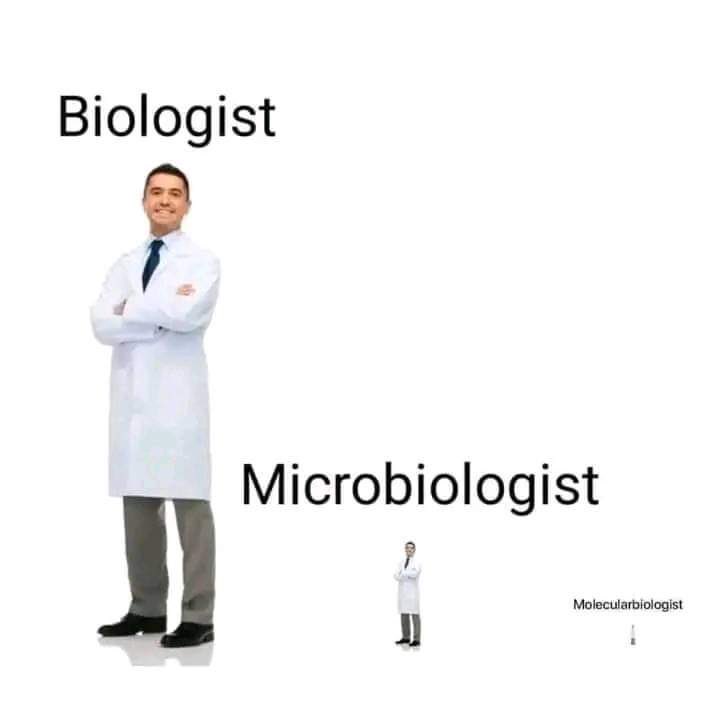
What are my top tips for career planning?
I’ve blogged before about the fact that I’ve not had the smoothest academic pathway and that I really believe that academic success does not have to define who you are. I really believe there are so many many ways to end up in a place and a career that is right for you. There is not one way to do something, but here are some principles that I hope might help:
- Don’t think you have to have it all figured out – follow what inspires you and supports your passions and everything will work out
- You don’t have to be the smartest person in the room – being tenacious gets you far further than being talented alone, just keep going
- Do your research – if you want something invest the time to learn about it, if there is a specific job reach out and speak to the people advertising it to get to know them, the workplace and more about the job
- It’s OK to try a number of different ways to get into the field, don’t focus too much on it being on the ‘right’ pathway, as long as it enables you to be gaining experience, and in an ideal world training, you are still moving forward even if you need to move horizontally later
- Keep an open mind about training routes in, don’t rule out apprenticeships and vocational routes, even if you consider yourself to be more academic, they will let you gain experience at the same time as earning money and studying
- Be open to the fact that you are likely to have to invest your own time. Working in science has enormous opportunities, but if you sign up to a Healthcare Science pathway you are also signing up to continuous professional development, some of which will likely need to happen in your own time if you want the best possible outcomes
- Maintain a growth mindset – no matter what the stage of your career be open to still developing, be open to opportunities and next steps, and be prepared to keep driving yourself to be better
- Take a chance on yourself – sometimes we are our own biggest barriers and the most important thing is to get out of our own way. Don’t talk yourself out of taking chances, don’t tell yourself you can’t or that things won’t work out so you won’t try. Be brave, take your chances and leap!
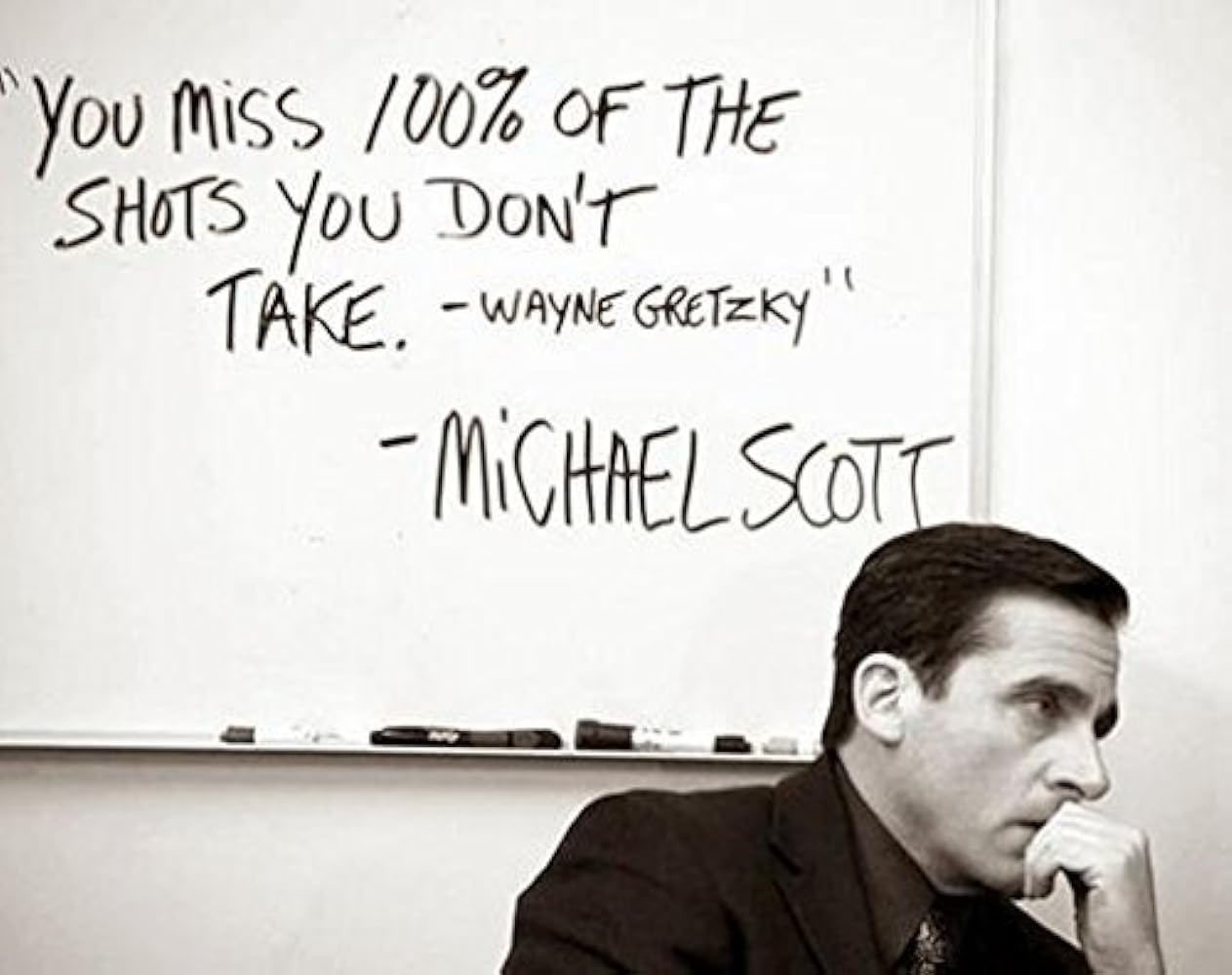
How can I get work experience?
Work experience in Healthcare Science can be difficult to acquire, don’t be disheartened though there are still plenty of ways forward:
- See if you can gain experience within industry or academia as these both tend to have specific work experience programmes that you can tap into
- Some professional bodies, such as Applied Microbiology International, Microbiology Society and the Royal Society of Biology all have studentship and placement grants. I’m sure there are many others. Consider becoming a student member if you can afford it, or reach out to someone you would like to have a placement with and see whether they could apply or support you to do so. These mean that you can have some living allowance, if like me you couldn’t do it without, and bring some money with you to do a short project. They also look good on your CV as demonstrate both commitment and application/grant writing skills
- Ask one of your current lecturers if they have any project opportunities with them
- Gain an entry level post and use that to gain the experience you need to support your next steps
- Consider apprenticeships to gain some exposure alongside your qualifications
- Consider volunteering in adjacent roles, most hospitals and care facilities have volunteer programmes where you can gain experience, but also give back
Remember, you don’t need extensive experience to support your application for an entry level role, even a cup of tea with someone who does the job will enable you have a better understanding of the role. A couple of days to a couple of weeks is an advantage but not essential.
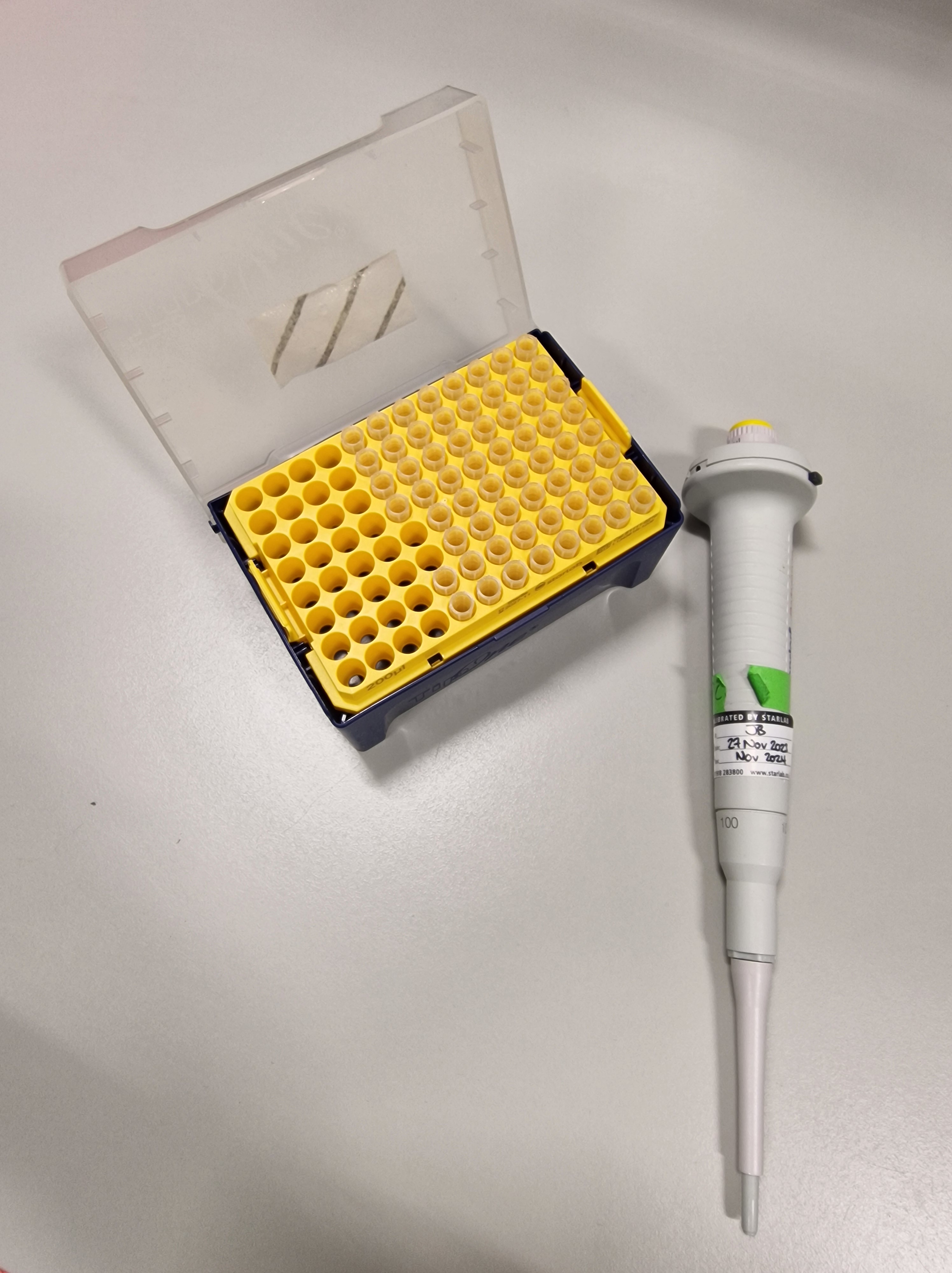
Useful places to find more information
Below are some links that might be helpful in getting some further information and reading up about possible next steps. These are great jumping off points, but you should also reach out to mentors and people doing the different types of jobs you are interested in to get deeper information not listed on the websites. There will be an option that works for you, but not every option works for everyone, so the more research you do the better fit you are likely to find.
NHS Healthcare Science careers
Institute of Biomedical Science for Biomedical Science careers
Association of Laboratory Medicine for life science Clinical Scientist careers
International and PhD routes to registration via Association of Clinical Scientists
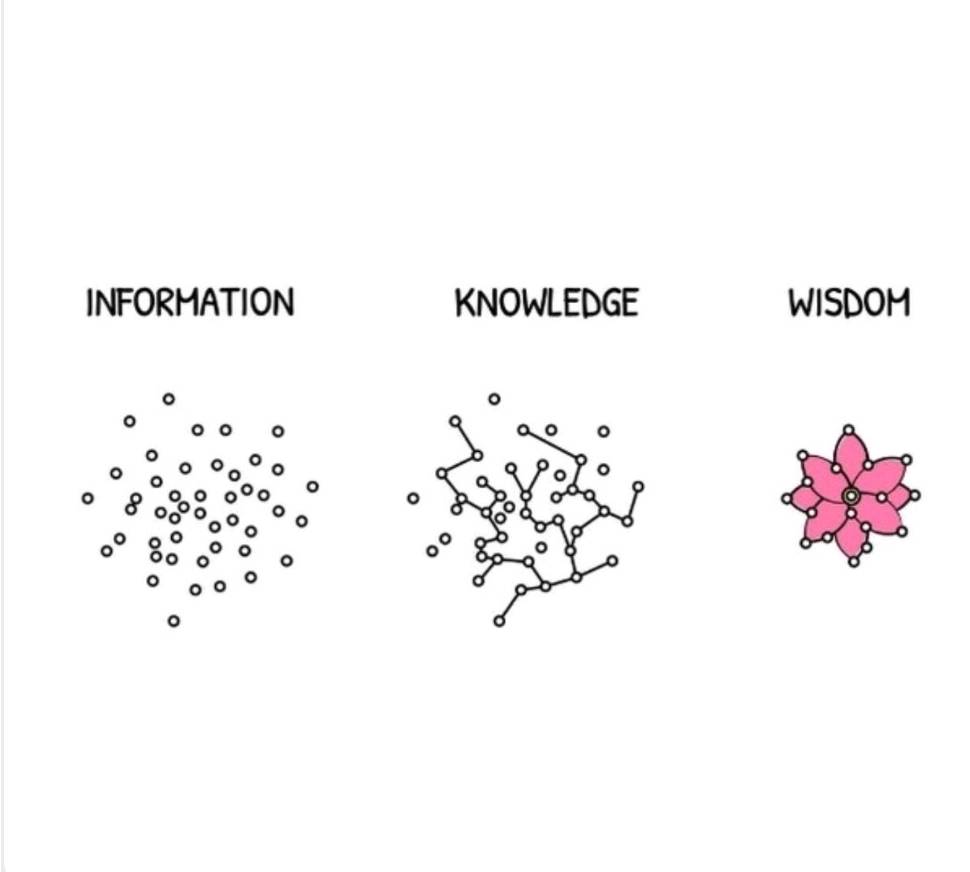
All opinions in this blog are my own



